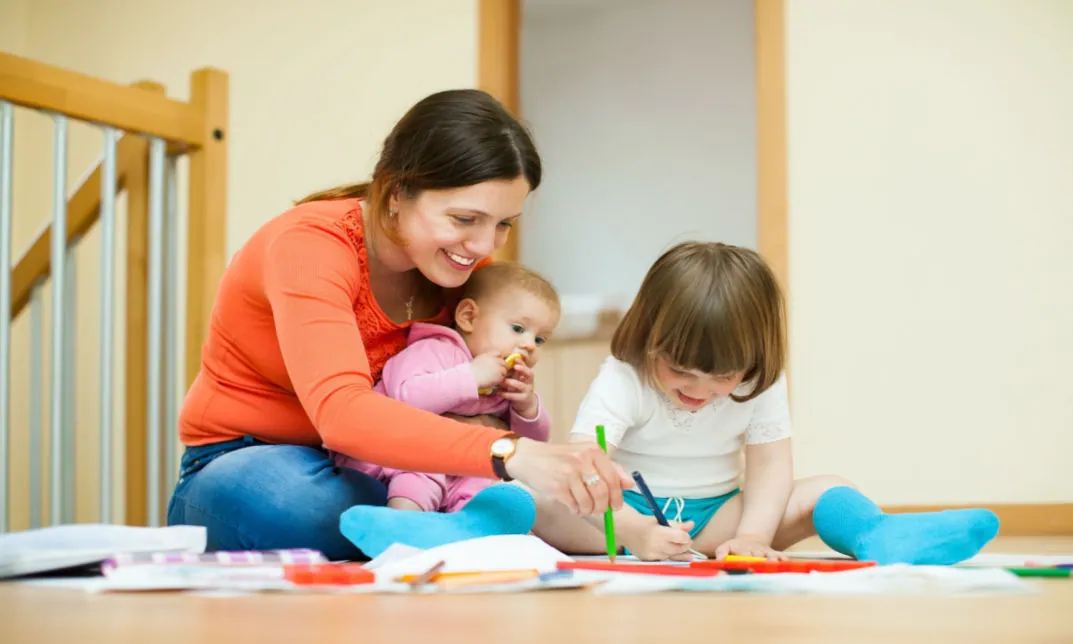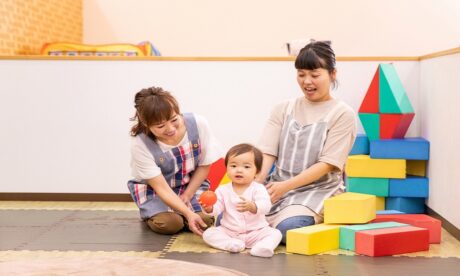What is child care? It’s more than babysitting. It’s the system that helps parents work, kids grow, and society function. In the UK, child care makes it possible for millions of families to earn a living and give their children a safe, stable start. When it works well, everyone benefits. When it fails, everyone feels it.
What Is Child Care in Everyday Terms?

Child care means someone else watches your child while you work, study, or handle life’s tasks. That might be a nursery, a childminder, a nanny, or an after-school club. It’s not just supervision—it’s learning, play, meals, safety, and emotional care. It supports your child’s growth while you handle what you need to do. When we ask, “What is child care?” the answer is: it’s the support system behind every working parent.
Why Does the Economy Depend on Child Care?
Without child care, many parents couldn’t work. That affects household income and taxes, but also businesses and services. When nurseries shut, staff quit their jobs or cut hours. That affects supply chains, health care, schools—you name it. Child care is not just a family issue. It’s an economic one. Parents need it to show up. Kids need it to thrive. Society needs it to stay balanced.
Who Provides Child Care in the UK?
In the UK, registered providers cover most formal child care. These include nurseries, childminders, and wraparound clubs. Nurseries care for children from birth to age five, following the EYFS framework. They often run from 8 am to 6 pm, all year. Childminders work from their homes and look after small groups. Some offer flexible hours, including evenings and weekends. Out-of-school clubs support children before and after school or during holidays. These options cover a wide range of needs for UK families.
Types of Child Care You Can Use
Parents have a few main choices. Nurseries offer structured care with trained staff. Childminders provide a home setting, often with mixed-age play. Nannies work in your home and give one-on-one care. Pre-schools run short sessions during term time for kids aged 2–4. Crèches offer temporary care in gyms, shops, or events. After-school clubs and holiday camps fill in the gaps once school ends. Some families rely on grandparents or relatives, but only registered providers qualify for financial help.
What Is Child Care Costing UK Families?
Child care is expensive. In 2025, full-time nursery care for one child can cost £300 to £350 per week in many parts of the UK. Childminders may charge slightly less, around £250 to £300 per week. Nannies often cost more, especially in cities. Out-of-school care might be £60 to £100 per week per child. These costs eat into family budgets fast. That’s why support schemes matter.
What Counts as Child Care Costs?
The government only counts costs paid to approved providers. That includes nurseries, childminders, and clubs registered with Ofsted. You can’t claim help for payments to a friend or family member unless they register. Meals, uniforms, or transport usually don’t count. But fees for child care services during your work hours do. These are called work-related child care costs.
What Support Can Families Get?
If you work, you may get Tax-Free Childcare. For every £8 you put in, the government adds £2. You can get up to £2,000 per year per child, or £4,000 if your child has a disability. The money goes into an online account and pays registered providers. If you’re on Universal Credit, you can claim up to 85% of your childcare costs, up to monthly limits. Free childcare hours are also available—15 to 30 hours a week for many 3- and 4-year-olds. Some 2-year-olds qualify too.
How Did Childcare Vouchers Work?
Childcare Vouchers used to let you pay for care through your employer, before taxes. That saved money. But the scheme closed to new users in 2018. If you still use them, you can keep going. But new parents need to use Tax-Free Childcare instead. It works better for self-employed people and those whose jobs don’t offer voucher schemes.
What Makes Good Child Care?
Good child care keeps children safe and helps them grow. That means trained staff, clean settings, learning activities, and emotional support. It should follow the EYFS framework and meet inspection standards. Great child care builds trust with parents and makes kids feel welcome. Whether it’s a nursery or a home setting, the key is care and quality.
What Qualifications Do Child Carers Need?
Most nurseries and formal settings need staff with a Level 3 childcare qualification. That includes the CACHE Level 3 Diploma in Childcare or similar. To work as a childminder, you must pass a course covering the EYFS, have paediatric first aid, and register with Ofsted. Nannies don’t need a qualification by law, but often take childcare courses to build trust and skills. DBS checks are required for all formal providers.
How Much Do Child Carers Earn?
Child care work doesn’t pay as much as it should. In 2025, many qualified workers earn around £18,800 a year. That’s about £9.50 per hour. Managers or Early Years Teachers might earn more, up to £30,000 or so. Still, many stay in the field because they care about kids. They do it for love, not just a wage.
Can I Train While Caring for My Own Kids?

Yes. Many online courses help parents gain skills without leaving home. You can train as a childminder, take short courses in early learning, or study part-time. This helps you understand your child better or even prepare for work in the sector. It’s a smart move if you want to support your child and grow your confidence.
Is Informal Child Care Enough?
Sometimes family or friends help out, and that’s fine. But they don’t count for government support unless they register. Also, informal care might not offer structured learning or social time. That’s why many parents choose a mix—grandparents and a couple of nursery days. It’s about balance and what works best for your family.
What Is Child Care’s Role in Child Development?
It’s huge. Early care affects how kids think, speak, play, and feel. A good setting can spot learning needs early. It can help a shy child open up or a restless child find focus. Kids learn to share, wait their turn, and speak up. All this happens while you’re at work, doing what you need to do.
What Happens When Child Care Fails?
Families struggle. Parents miss work or lose jobs. Kids miss out on learning. Businesses lose staff. Stress builds. Whole communities feel it. That’s why we need to treat child care like the vital service it is. Not as a luxury, but as the backbone of family life.
What Does the Future Look Like?
Child care needs investment. Workers deserve fair pay. Parents need help covering costs. Kids deserve safe, loving places to learn. As more people work from home or with flexible hours, care systems must adapt. We need to build a network that works for real families, not just on paper.
So, What Is Child Care Really?
It’s the thing that lets parents earn a living. The thing that helps children build the skills they’ll use for life. It’s the quiet engine running behind jobs, schools, shops, and hospitals. Without it, nothing works. With it, everything flows better.
Ready to understand and support child care better? Enrol now in our online Child Care Courses at Unified Course. Learn. Support. Grow.




